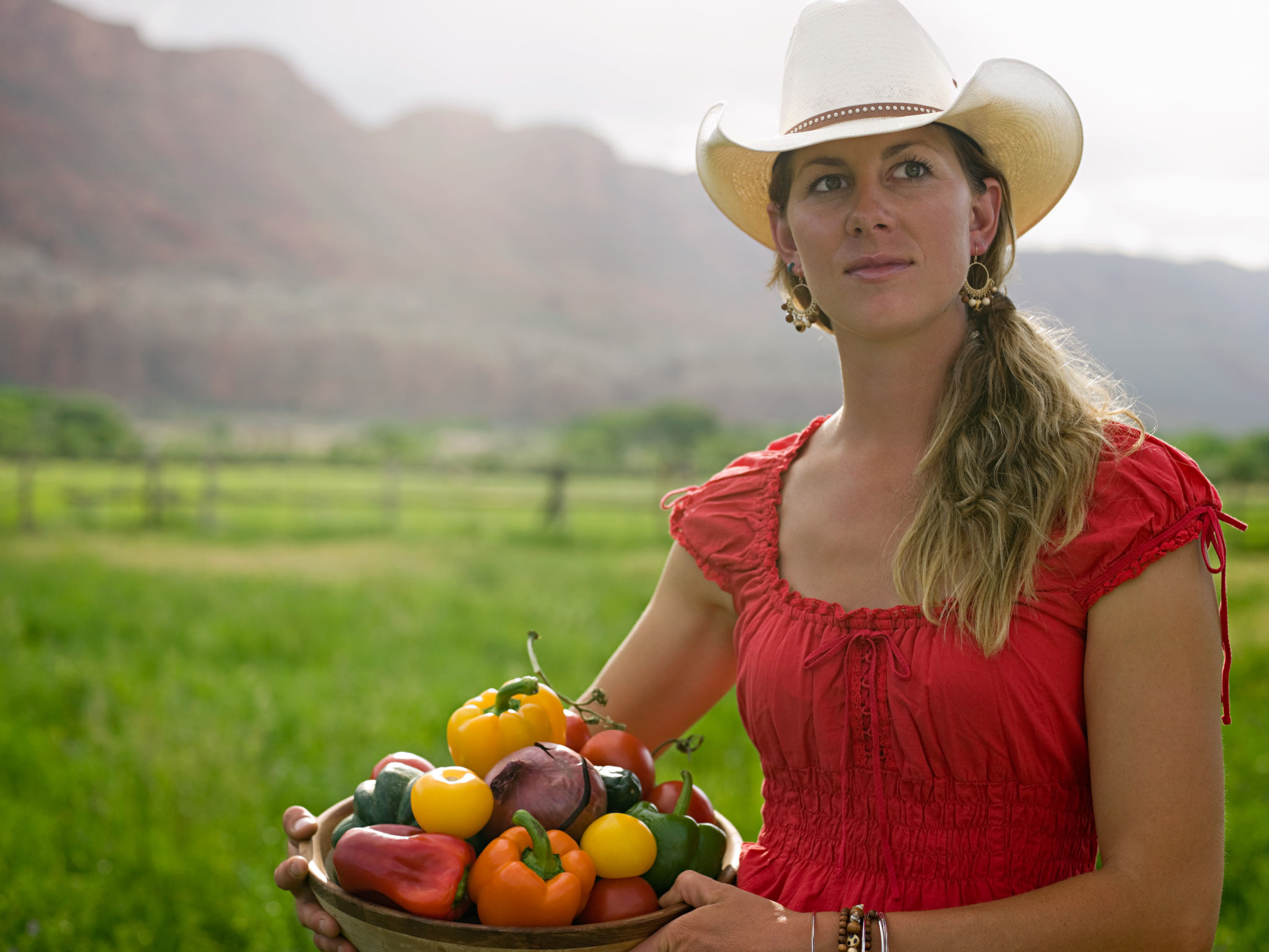Debunking Myths About Ecological Gardening Practices
Understanding Ecological Gardening
Ecological gardening is often surrounded by misconceptions that deter many from adopting these sustainable practices. At its core, ecological gardening focuses on working with nature rather than against it, promoting biodiversity and creating healthy ecosystems. However, some myths persist that need clarification for a better understanding of these beneficial practices.

Myth 1: Ecological Gardening Is Just for Environmentalists
One common myth is that ecological gardening is only for those deeply invested in environmental causes. In reality, these practices are accessible and beneficial to everyone. By enhancing soil health, conserving water, and reducing chemical use, gardeners of all kinds can enjoy healthier plants and lower maintenance gardens. This approach aligns with any gardener's goal of cultivating thriving, beautiful spaces.
Furthermore, ecological gardening can be practiced on any scale, whether you have a small balcony garden or extensive landscaping. The principles of working with natural processes apply universally, offering benefits like reduced pest issues and improved plant resilience.
Myth 2: It Requires More Time and Effort
A widespread belief is that ecological gardening demands more time and effort than conventional methods. While it's true that establishing an ecological garden may require an initial investment of time to set up systems like composting or rainwater collection, the long-term maintenance often proves easier.

Once established, ecological gardens tend to be more self-sustaining. For instance, using native plants adapted to local conditions means less watering and fertilizing. Mulching reduces weed growth and conserves moisture, cutting down on labor-intensive tasks. The initial setup effort pays off with a garden that's easier to manage over time.
Myth 3: It Doesn't Produce as Much Food
Another myth is that ecological gardening can't produce as much food as traditional methods. On the contrary, by fostering a balanced ecosystem, ecological gardening can enhance productivity. Techniques such as crop rotation, companion planting, and polyculture can increase yield by optimizing space and resources.
Moreover, healthy soil full of organic matter supports robust plant growth. The diversity in planting reduces pest and disease issues naturally, leading to higher quality produce without the need for chemical interventions.

Myth 4: It Attracts More Pests
Some worry that ecological gardens may attract more pests due to their diverse planting techniques. However, this diversity is actually a strength. By attracting beneficial insects and predators like ladybugs and birds, ecological gardens often experience fewer pest issues than monoculture systems.
The balance achieved through biodiversity helps control pest populations naturally. Encouraging natural predators and creating habitats for them helps keep the ecosystem in check without relying on harmful pesticides.
Embracing Ecological Practices
Debunking these myths reveals that ecological gardening is not only viable but also advantageous for gardeners seeking sustainable solutions. It promotes environmental health, reduces labor over time, and enhances productivity, making it an approach worth considering for anyone interested in greener living.
By understanding the realities of ecological gardening practices, more people can embrace this method, contributing to a healthier planet and enjoying a more harmonious relationship with nature.